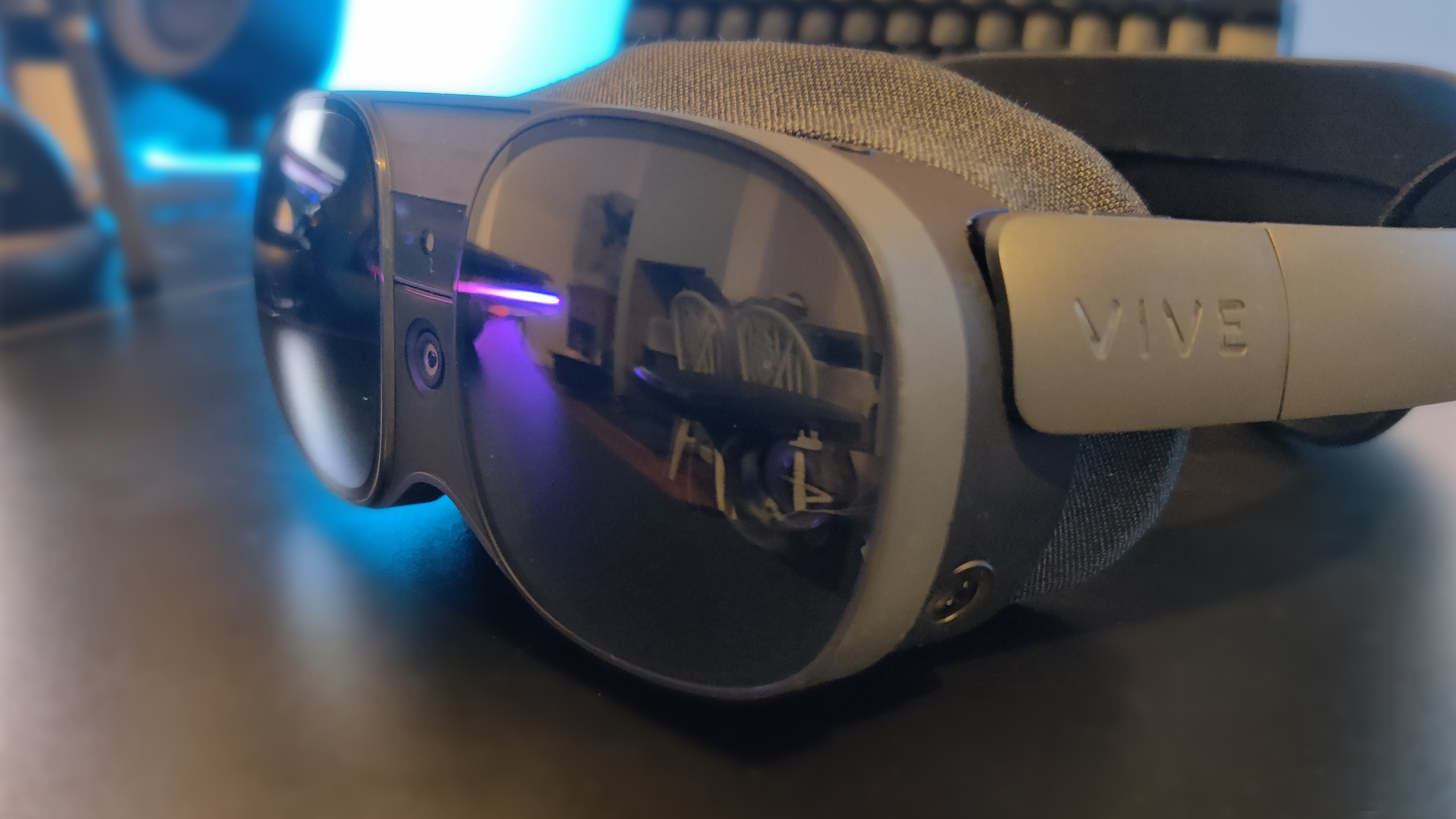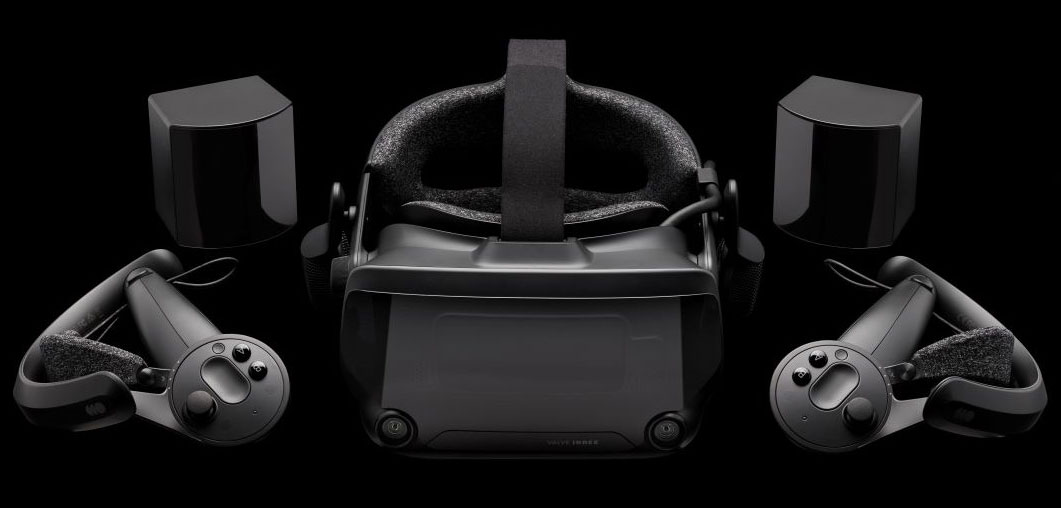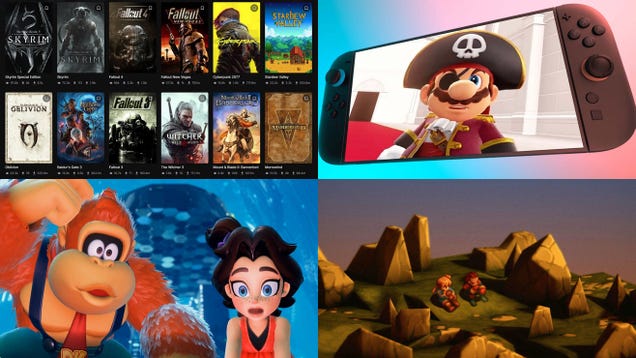
Google vs Meta, you say? *Grabs popcorn*
Last month, Google introduced the Android XR platform in partnership with Samsung and Qualcomm, which is “a new operating system built for this next generation of computing”. Now, Google has bought part of HTC Vive’s engineering team, HTC Vive of course having ample experience engineering VR headsets.
Google says this handover of engineers is “subject to customary closing conditions” and emphasises that they are “an incredibly strong technical team with a proven track record in the VR space, and we are looking forward to working with them to accelerate the development of the Android XR platform across the headsets and glasses ecosystem.”
With Android XR, Google is intending to “create a vibrant ecosystem of developers and device makers for Android XR.” The OS itself should enable you to do all the kinds of MR (mixed reality) things that got people so initially hyped over the Vision Pro.
Google explains: “You can fill the space around you with apps and content, and with Gemini, our AI assistant, you can even have conversations about what you’re seeing or control your device. Gemini can understand your intent, helping you plan, research topics and guide you through tasks.”
Plus, you know, all the usual ‘watch videos on a giant screen that’s not really there’ business—which I’d love to hate but can’t help but quietly covet.
Google’s not a stranger to the industry, although it’s been a decade since its first attempt at smart glasses was abandoned, and its later Google Glass reboot ended in 2023. Hype for XR—especially for AR—does seem to be hotting up, after all, with projects like Meta’s Orion offering a glimpse of an increasingly digitally enmeshed future.
Though with Android XR it’s teaming up with Samsung for what is our first glimpse of actual hardware. Project Moohan is the name, and XR is the game.
With Android XR, all signs point to Google looking to compete with Meta on on the XR ecosystem front.
Meta’s Horizon VR operating system is included on its Quest headsets, such as the Quest 3. Though that’s all changing soon. Soon it will be available to third parties—it looks like Asus will be the first third-party manufacturer to use it.
Much in the same way that different Android device manufacturers must cede to the Google Play Store, Meta Horizon becoming the default OS for third-party VR and MR headsets and glasses could mean such device manufacturers needing to cede to a Horizon OS store.
Best VR headset: which kit should you choose?
Best graphics card: you need serious GPU power for VR
Best gaming laptop: don’t get tied to your desktop in VR
In other words, it’s possible that Meta could become to the VR ecosystem what Google is to the Android ecosystem, and Horizon being open to third-party devices is a step in this direction.
It’s powerful to have your store at the centre of the “next computing platform”, if that is how you feel about mixed reality. Meta definitely feels this way, it’s said so.
Google might be pushing along similar lines here, hoping to compete in the VR OS/store ecosystem space. Talk of a “vibrant ecosystem of developers and device makers” certainly leans in this direction, as does Android XR’s partnership with Qualcomm in particular—standalone VR headsets tend to use Arm chips such as Snapdragons from Qualcomm.
Who knows, maybe the next few years will see Meta and Google vying for proprietary ecosystem adoption across the VR space. Interesting times ahead.





